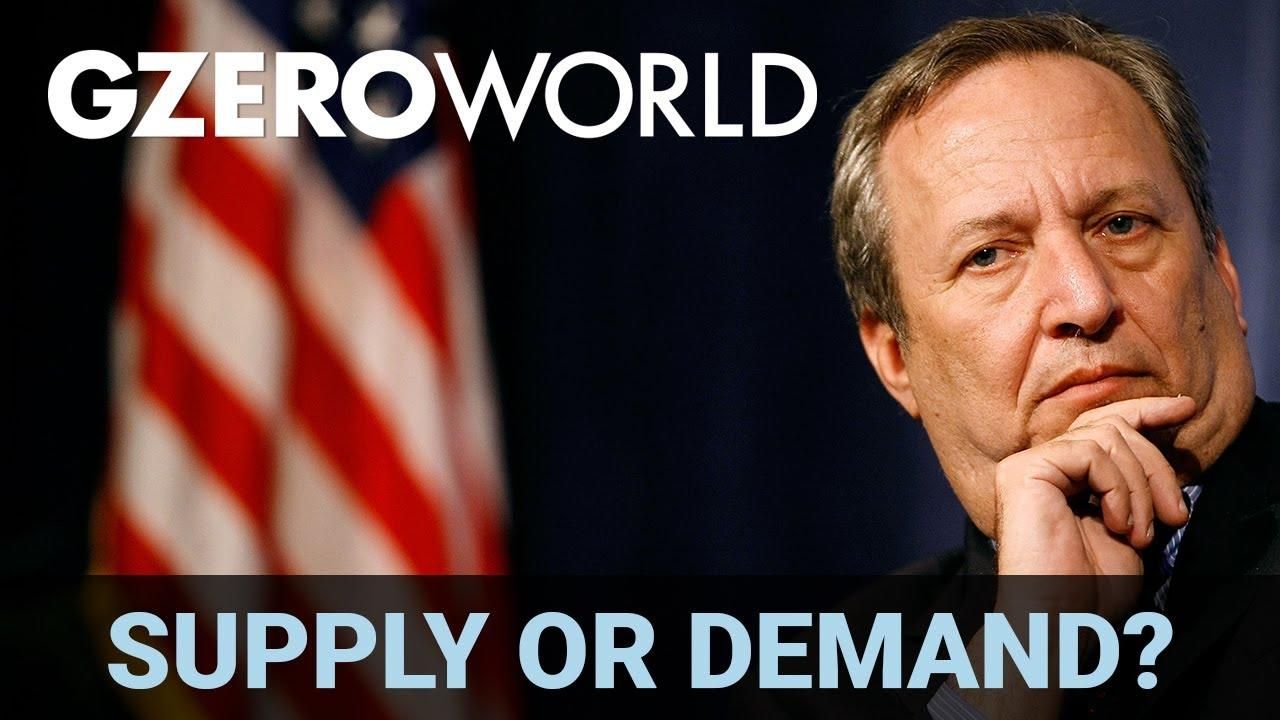GZERO World Clips
Ask An Economist: How to lower inflation

Ask An Economist: How to Lower Inflation | GZERO World

US inflation is now at a 40-year high. So, what are we going to do about it?
That depends on where you think the problem is coming from, American economist and University of Chicago professor Austan Goolsbee says on GZERO World with Ian Bremmer.
If inflation is being driven by too much stimulus, like some economists such as Larry Summers believe, Goolsbee believes the Federal Reserve is doing the right thing by raising interest rates to cool demand. But if inflation is mostly due to the war in Ukraine or supply chain disruptions, rate hikes might result in stagflation.
"I think if we get a couple [...] more months like the ones we just saw [...] they're gonna be consulting the ghost of Paul Volcker," Golsbee says, referring to the former Fed chair who in the early 1980s triggered two recessions by upping interest rates to double digits in order to tame inflation.
What about risking more unemployment, like Summers has suggested? That would mean "a lot of pain for millions of people."
Singapore was one of globalization’s biggest beneficiaries. Ian Bremmer looks at whether the city-state can survive in a world where the economic order that drove Singapore's rapid rise starts to unravel.
Think you know what's going on around the world? Here's your chance to prove it.
Xi Jinping has spent three years gutting his own military leadership. Five of the seven members of the Central Military Commission – China's supreme military authority – have been purged since 2023, all of whom were handpicked by Xi himself back in 2022.